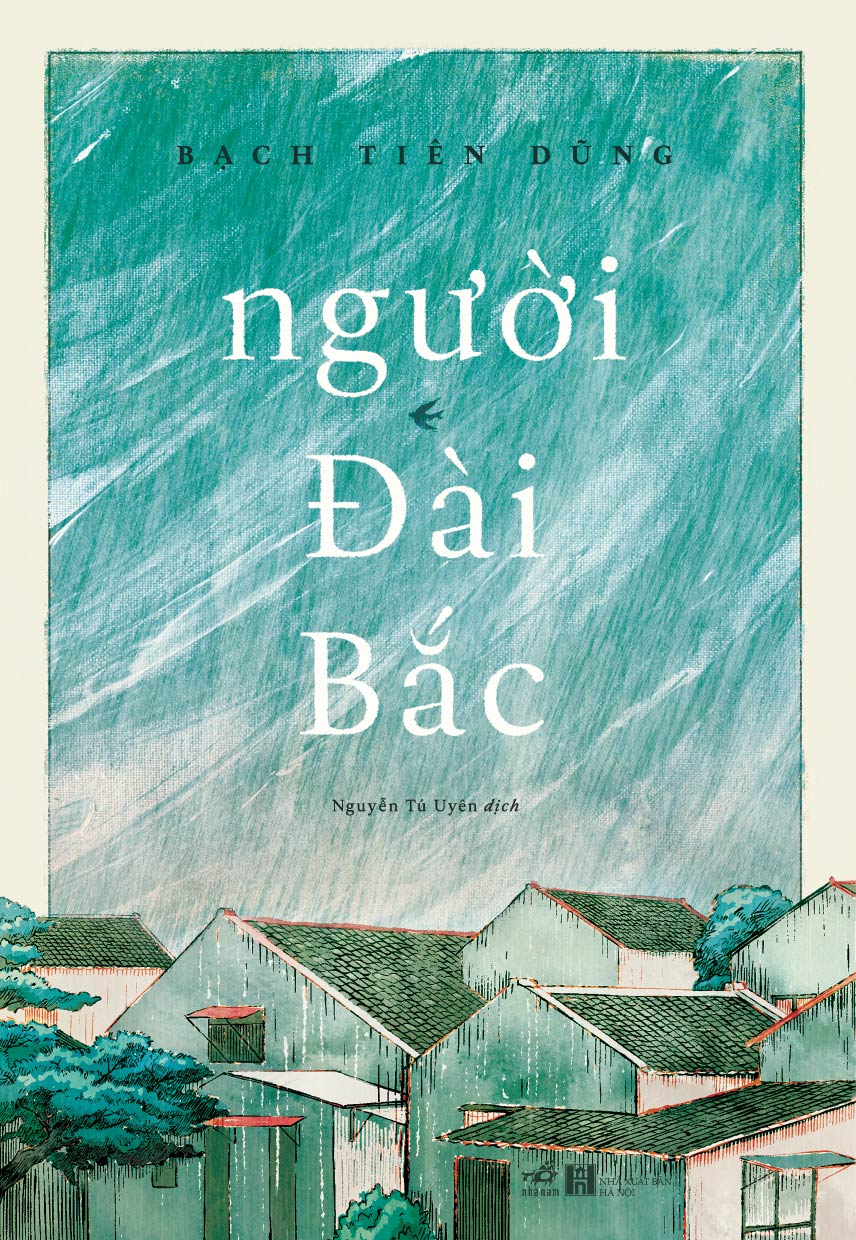What do you think?
Rate this book


313 pages, Hardcover
First published April 1, 1971
Trong thế giới tiểu thuyết của Bạch Tiên Dũng, sự không thể dung hòa giữa “linh hồn” và “thể xác”, hay giữa “quá khứ” và “hiện tại”, suy cho cùng, bắt nguồn từ một sự thật mà từ xưa đến nay ai cũng biết: thời gian không ngừng trôi. Thời gian, không vì ai mà ngừng trôi, thanh xuân, không vì ai mà lưu lại một khắc.
- Lời bình của Âu Dương Tử -
Trong thời gian này, Chu Thanh thường ở lại với tôi. Đôi khi tôi dạy cô ấy nấu ăn, đôi khi tôi dạy cô ấy đan lát, và đôi khi tôi dạy cô ấy chơi một vài viên mạt chược.
“Thứ này là thuốc chữa bách bệnh,” tôi cười nói với cô ấy, “Nếu cô có điều gì băn khoăn, hãy ngồi lên bàn, trộn nó và quên đi mọi thứ.”
Và thời gian, thời gian không ngừng nghỉ, không bao giờ dừng trôi, cứ luôn luôn tiếp tục. Dù bạn là một vị tướng toàn năng hay một nam nhân ít học, dù bạn là một tuyệt sắc giai nhân hay một kỹ nữ hạng thấp thì cuối cùng cũng như nhau, thời gian sẽ bào mòn tuổi trẻ của bạn và cuối cùng biến nó thành một đống tro tàn.
Tất cả những thành tựu to lớn, tất cả vinh quang và sự giàu có, chỉ có thể là tạm thời, và cuối cùng sẽ biến mất. Tất cả những tiếng cười, tất cả những giọt nước mắt, tất cả niềm vui, tất cả nỗi đau, cuối cùng tất cả đều là sự trống rỗng bởi vì cuộc sống là hữu hạn.
Đời là hư vô. Một giấc mơ. Một niềm nhớ.
-Lời bình của Âu Dương Tử -